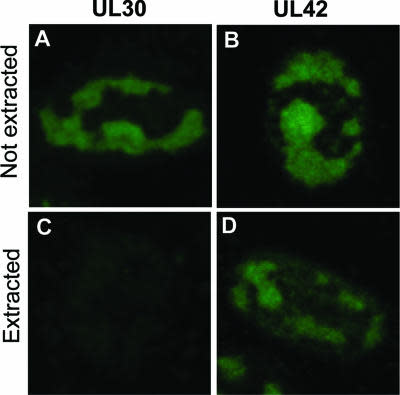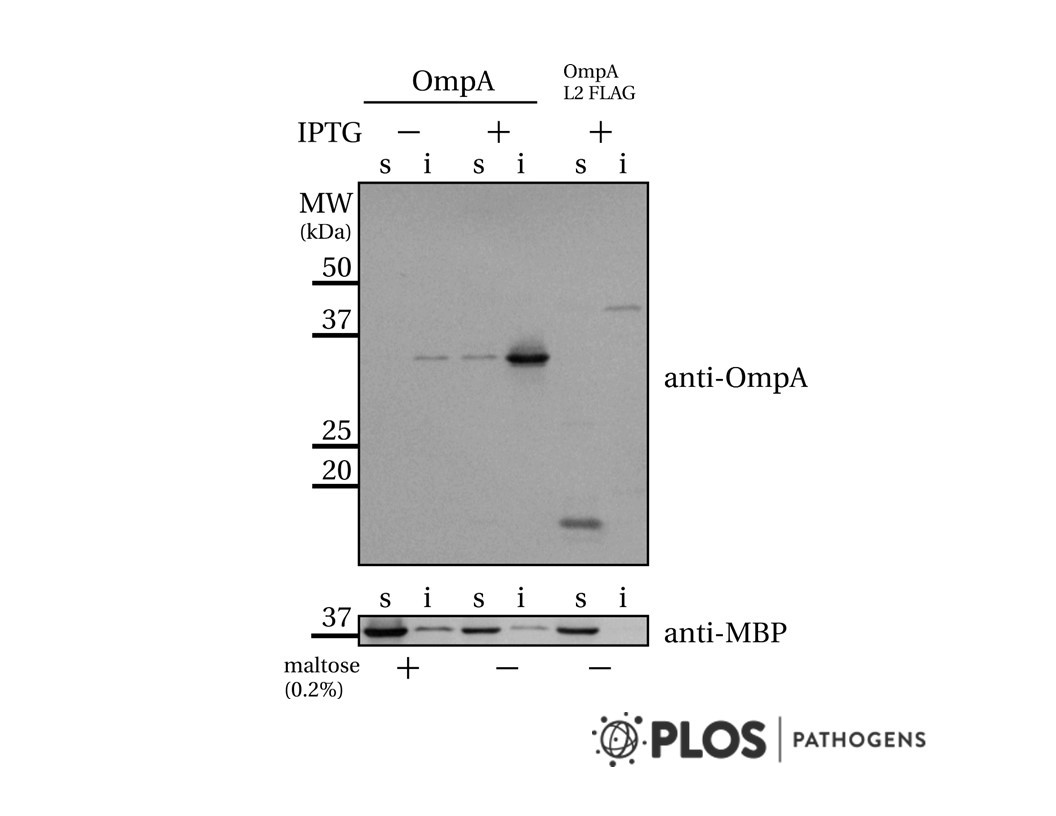Cat. #151715
MEF ULK1 KO (SIM) Cell Line
Cat. #: 151715
Unit size: 1x10^6 cells / vial
Organism: Mouse
Tissue: Embryo
Disease: Cancer
Model: Knock-Out
£575.00
This fee is applicable only for non-profit organisations. If you are a for-profit organisation or a researcher working on commercially-sponsored academic research, you will need to contact our licensing team for a commercial use license.
Contributor
Inventor: Sharon Tooze
Institute: Cancer Research UK, London Research Institute: Lincoln's Inn Fields
Tool Details
*FOR RESEARCH USE ONLY
- Name: MEF ULK1 KO (SIM) Cell Line
- Organism: Mouse
- Tissue: Embryo
- Disease: Cancer
- Growth properties: Autophagy, fibroblast
- Model: Knock-Out
- Description: The MEF ULK1 KO (SIM) cell line can be used to study ULK1-dependent processes, including autophagy. A more complete phenotype requires depletion of ULK2 by RNAi . Mouse embryonic fibroblasts derived from a ULK1 homozygous knock out mouse embryo and immortalized by serial passaging (spontaneous transformation).
- Production details: Primary embryonic fibroblasts were isolated from the embryos of a pregnant female Ulk1-/- mouse at day 13p.c. The MEFs were immortalised by SIM using a standard serial passaging protocol.
- Cellosaurus id: CVCL_5A52
Target Details
- Target: ULK1
Handling
- Format: Frozen
- Growth medium: DMEM + 20% FCS + 2mM Glutamine + pen/strep
- Unit size: 1x10^6 cells / vial
- Shipping conditions: Dry ice
Related Tools
- Related tools: MEF ULK1/2 WT (SIM) Cell Line ; MEF ULK2 KO (SIM) Cell Line ; MEF ULK1 ULK2 DKO (SIM) Cell Line ; MEF ULK1 ULK2 DKO (SV40) Cell Line ; MEF ULK1/2 WT(SV40) Cell Line ; MEF ULK1 KO (SV40) Cell Line ; MEF ULK2 KO (SV40) Cell Line
References
- McAlpine et al. 2013. Autophagy. 9(3):361-73. PMID: 23291478.
- Regulation of nutrient-sensitive autophagy by uncoordinated 51-like kinases 1 and 2.
- Chan et al. 2009. Mol Cell Biol. 29(1):157-71. PMID: 18936157.
- Kinase-inactivated ULK proteins inhibit autophagy via their conserved C-terminal domains using an Atg13-independent mechanism.





